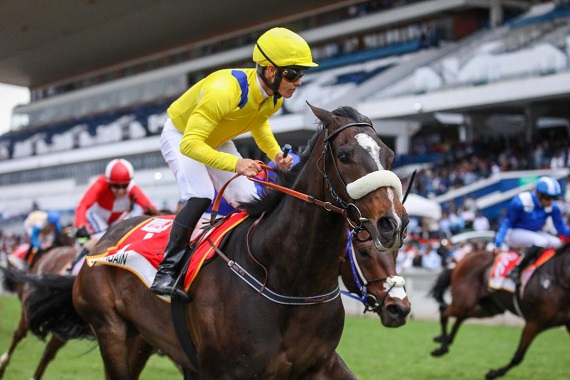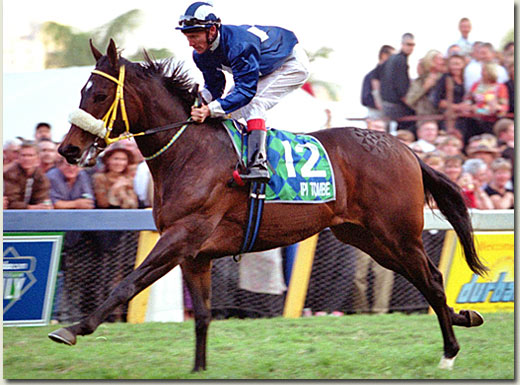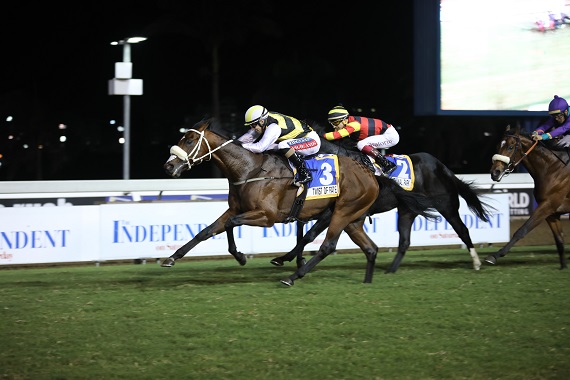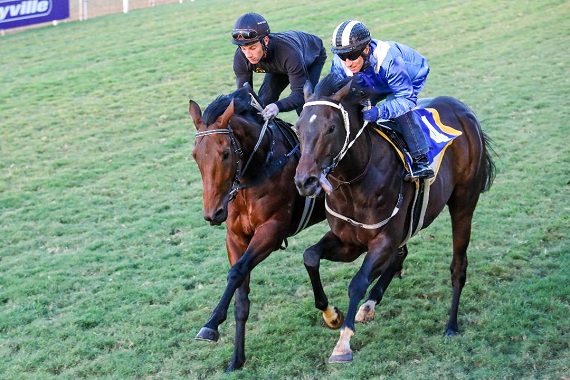Are there any trends in the various prep races prior to the Vodacom Durban July which helps guide a prediction of the big race result?
Jay August has looked back at nine races and their significance in predicting this year’s July winner.

The nine preps he looks at are; the previous year’s July (abbreviated as PYJul) , the Met Stakes (Met), The Daily News 2000 (2000), World Sports Betting 1900 (1900), Rising Sun Gold Challenge (RSCh), Cup Trial (CupT), KRA Guineas (K-Guin), The Premier’s Champions Challenge (ChmpCh) and the Jubilee Handicap (JubH).
He writes:
I look only at the results as they pertain to the year in question, so a 1985 Met is compared to a 1985 July. The only race that is compared across years is the July itself where the previous year’s data is compared to the year in question i.e. the 1970 July as a guide to the 1971 July.
I look back as far as there is reliable history and the races offer similar circumstances to the present.
For the Met and July I have included data from 1950, the WSB 1900 and Rising Sun Challenge from1970, the Daily News 2000 and KRA Guineas from 1982, The Champions Challenge and Jubilee Handicap from 1999 and the Cup Trial from 2000. Those horses that did not run in one of these preps are combined under Other races.
The table below shows the horses which are contesting this year’s July, which participated in the various preps designated above and their finishing position in those preps.
You will see that only two horses have not competed in a designated prep, Return Flight and Miyabi Gold.

What significance do these preps have on the July result?
Below is a table comparing horses that competed in a designated prep versus those that did not.
Historically 1532 horses competed in a prep race and of these 100 won and 265 placed in that years July.
Note that some horses compete in multiple races and so there is duplication, hence the 100 July’s won. IV is impact value, the value above or below average where the average is always 1. IV-W is for wins, IV-P (places) and IV-T4 (top four). Above 1 implies the factor is better than average by the value above 1.

There were 116 horses which did not contest one of these preps and only 2 won that years July and 16 placed.
Horses not contesting a designated prep have only a 25.6% chance of winning compared to those that did contest a prep.
Such horses are far more likely to place – 77% chance compared to horses with a prep – but even here they are below average (IV-P = 0.86).

Ipi Tombe – 2002 Vodacom Durban July
The two horses which won in the past without one of the designated preps were both fillies, Ipi Tombe and Igugu. The two horses which this year compete without a designated prep are also fillies, but it is hard to make a case that either one is close to Ipi Tombe or Igugu in ability.
Which race has the highest historical significance at predicting a July winner or a July placed horse?
The table below shows that those two races in order are the KRA Guineas and the Daily News 2000. Runners in these races have a 4.35 (IV-W) and 2.93 (IV-W) times chance of winning than average.

The KRA Guineas is by far the most significant prep race with 42.37% of participants in this race placing in the top four in the subsequent July.
Only the Jubilee Handicap and Daily News 2000 come close to that. The only KRA Guineas runner this year is Twist of Fate.

The KRA Guineas has also produced the single most significant statistic – horses which win the KRA Guineas win 8 times more July’s than any other horse. The prep race with the worst outcome is the Cup Trial followed by the prior year’s July. Contestants running consecutive July’s will on average perform below average in both wins (0.80) and places (0.97), while the Cup Trial is poor on both scores.
Some of this year’s July runners are also fighting trends against them winning.
Do It Again is looking to be only the second horse since 1950 to win consecutive July’s, while Rainbow Bridge is looking to become only the third horse since 1950 to win both the Met and the July in the same year.
No horse older than six has won a July since 1950 and they have placed only once in 33 runs.
Legal Eagle, as good as he once was, will need to do something extraordinary to win or place.
Three-year-olds are by far the group with the best winning and place stats with a win strike rate just over double the average.
Four-year-olds are slightly above average while horses older than four are below average.
The chart below summarises the age factor.

The sheer volume of possibilities can make predicting outcome an impossibly difficult task.
Below is a simulation of this year’s July, which is updated every 5 minutes, and which takes many factors into account including the above.
There are over half a trillion possible combinations of data in this simulation and so there is only an approximate best fit.
This simulation predicts how many races each horse would win in 100 theoretical running’s of this year’s July.
A predicted number of wins and places is then stated and from that an odds prediction is made. A minimum of 1 observation for each place from first to fourth is calculated so no horse has zero opportunity at each position.

For those looking purely for the winner, Hawwaam comes out marginally on top on most occasions, followed by Do It Again and Rainbow Bridge, while several of the runners only ever win 1 in 100 races.
For those looking for value, I have included the betting from Track and Ball and the very last column shows those horses which offer the best value. Rainbow Bridge usually comes out on top as a value bet while Hawwaam offers no value.
The spreadsheet can be found here – plse click
The odds were input on July 2, 2019.
As this spreadsheet is live the odds will be updated each morning until Saturday.
The simulations are updated every five minutes so you will need to observe the trends over a few 5-minute periods to gauge trend.
Alternatively hit CTRL+R to recalculate.
For those confused by the term value; value is the perceived upside (or error) in the price (quoted odds) of a bet compared to the expected outcome (calculated odds) of a series of such bets over time.
Value says nothing about winning or not winning, only that over time such bets will on average produce a profit when they do win.








